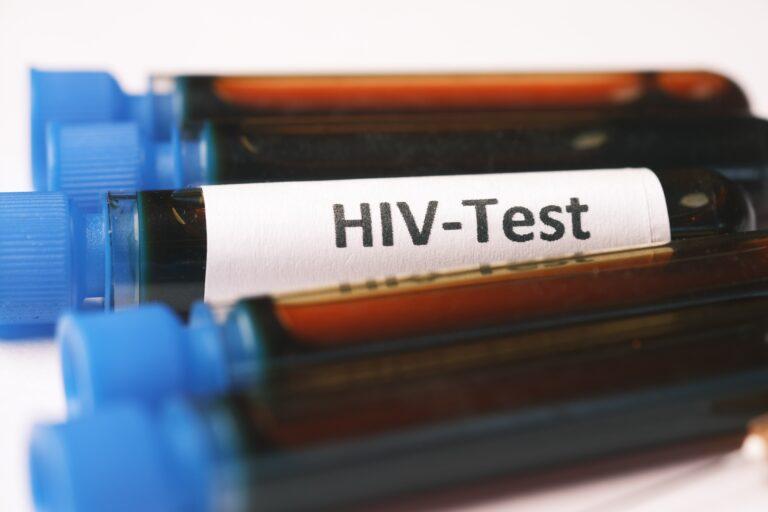Heat exposure and health

During the summer months, people are constantly exposed to higher temperatures which causes many health problems. According to the Centers for Disease Control and Prevention (CDC), heat stress can result in dehydration, heat stroke, heat exhaustion, heat cramps, or heat rashes. It also increases the risk of respiratory diseases. These medical conditions affect everyone, but the most vulnerable individuals include the elderly and children. Also, the CDC notes that the homeless, athletes and outdoor manual workers are affected due to their intense exposure to heat.
But there are ways in which illnesses caused by heat can be prevented. These include hydrating with cool water, especially when it is hot and humid, drinking more fluids and avoiding sugary drinks and alcoholic beverages. And for those who exercise, it is recommended to do so inside if possible and hydrating before, throughout and after the sessions. The CDC urges people to rest immediately in a cool place if they are experiencing painful muscular spasms (particularly in the legs, arms or abdomen, in many cases after sustained exercise during very hot weather), and drink oral rehydration solutions containing electrolytes. Medical attention is needed if heat cramps last more than one hour. Also, people are required to drink more water than normal if exposed to heat for long periods (greater than two hours).
But, avoiding the sun during the middle of the day is important, because the sun is at its hottest currently. This can be done by limiting, as much as possible, outdoor activities to mornings and evenings and seeking out shade when outdoors. Wear light-weight, light-coloured, loose-fitting clothes made of breathable fabrics. Also, people can help each other and themselves during the heat by trying to get help if feeling dizzy, weak, anxious or have intense thirst and headache and moving to a cool place as soon as possible and measuring body temperature. They should also call a doctor or ambulance immediately if a family member or people you assist present hot dry skin and unconsciousness.
While waiting for help, move the person to a cool place, put him or her in a horizontal position and elevate legs and hips, remove clothing and initiate external cooling, for example, by placing cold packs on the neck, axillae and groin, fanning continuously and spraying the skin with water at 25–30 °C and measure the body temperature.
Jamaica, like other Caribbean countries, is experiencing the heat season that is between May and October annually, so the Ministry of Health and Wellness also advises citizens to reduce their exposure to heat as much as possible.
And at home, “use the night air to cool down your home. Open all windows and shutters during the night and the early morning, when the outside temperature is lower (if safe to do so),” notes the CDC.






